Medicine For High Cholesterol
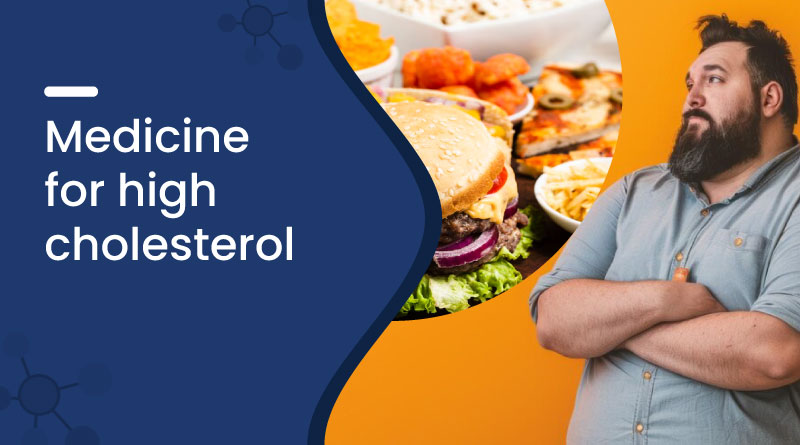

Medications for high cholesterol are prescribed to bring down elevated cholesterol levels in the body and maintain healthy heart function. These medicines work by lowering LDL (bad cholesterol) and triglycerides while increasing HDL (good cholesterol), which protects against heart disease, stroke, and other cardiovascular risks. Depending on the type, they either decrease cholesterol production in the liver or reduce cholesterol absorption from the food you eat. Alongside these medicines, lifestyle changes such as regular exercise, a balanced diet, and natural remedies like consuming fiber-rich foods, omega-3 fatty acids, and green tea can further support cholesterol control. Combining effective medications with healthy habits offers the best approach for long-term cholesterol management and overall heart health.
List of Medicines for High Cholesterol
| Generic Name | Main Use |
|---|---|
| Atorvastatin | Lowers LDL & triglycerides, raises HDL |
| Rosuvastatin | Strong statin for reducing high LDL |
| Simvastatin | Lowers cholesterol & helps prevent heart disease |
| Pravastatin | Mild statin for patients intolerant to stronger statins |
| Ezetimibe | Blocks cholesterol absorption in the gut |
| Fenofibrate | Lowers triglycerides & raises HDL |
| Gemfibrozil | Lowers triglycerides; used in mixed dyslipidemia |
Best Medicine for Cholesterol in India
Statins are the first-line medicines for most people with high cholesterol. In India, Atorvastatin and Rosuvastatin are commonly used because they are effective, available as generics, and are affordable. The choice of medicine depends on your cholesterol levels, overall health, other medicines you take, and your doctor's advice.
Atorvastatin
Atorvastatin is a widely prescribed statin that lowers the liver's cholesterol production. It reduces LDL (bad cholesterol) and triglycerides and can raise HDL (good cholesterol). Common strengths in India include 10 mg, 20 mg, and 40 mg so doctors can adjust dose based on how much lowering is needed. Atorvastatin is suitable for long-term use to reduce risk of heart attack and stroke when combined with lifestyle changes.
Rosuvastatin
Rosuvastatin is a more potent statin than many others. It is chosen when stronger cholesterol reduction is needed or when patients do not reach targets with other statins. Typical strengths are 5 mg, 10 mg, and 20 mg. Because it is stronger, doctors often start with a low dose and adjust while watching for side effects.
Simvastatin
Simvastatin lowers cholesterol and helps prevent cardiovascular events. It is effective for mild to moderate cholesterol problems. Doses commonly used are 10 mg, 20 mg, and 40 mg. Simvastatin may interact with some other drugs, so your doctor will check all medicines you take before prescribing it.
Pravastatin
Pravastatin is a gentler statin and is often preferred for people who experience side effects with stronger statins. It has less tendency to affect muscles or the liver compared to some other statins, making it an option for elderly patients or those with mild liver sensitivity. Common doses are 10 mg, 20 mg, and 40 mg.
Ezetimibe
Ezetimibe is not a statin. It lowers cholesterol by blocking dietary and biliary cholesterol absorption in the intestine. A single common dose is 10 mg. It is often combined with a statin when statins alone do not achieve the desired LDL reduction. Combination therapy can provide added benefit without greatly increasing side effects for many patients.
Fenofibrate
Fenofibrate belongs to the fibrate class and mainly lowers triglycerides while modestly raising HDL (good cholesterol). The common marketed strength is 145 mg. It is helpful for people with very high triglycerides or mixed lipid problems. Fibrates may be used with statins in select patients, but doctors monitor closely because of interaction risks.
Gemfibrozil
Gemfibrozil is another fibrate used to reduce triglycerides and improve overall lipid profile. The common dose is 600 mg. It can reduce the risk of pancreatitis when triglycerides are extremely high. Gemfibrozil interacts with some statins, so doctors usually choose safer combinations or monitor closely.
Note: This information is for general education only. Treatment choice and dose must be decided by a qualified doctor based on your medical history, blood tests, and other medicines you take. If you want, I can prepare a comparison table (effectiveness, typical side effects, cost range in India) for these medicines.
Cholesterol Tablet Name List
| Medicine Name | Composition | Benefit |
|---|---|---|
| Atorzee 10 Cholesterol Tablet | Atorvastatin 10 mg | Decreases bad cholesterol (LDL), and increases good cholesterol (HDL) levels in the blood. |
| Atorzee 20 Tablet | Atorvastatin 20 mg | Decreases elevated cholesterol levels and prevents heart disease. |
| Atorzee 40 Tablet | Atorvastatin 40 mg | Reduces elevated cholesterol levels and prevents cardiac diseases. |
| Atorzee F Cholesterol Tablet | Atorvastatin 10mg + Fenofibrate (Micronized) 160mg | Reduces bad cholesterol (LDL) and increases good cholesterol (HDL) levels in the blood. |
| Atorzee 10 E Tablet | Atorvastatin 10 mg + Ezetimibe 10 mg | Treats high cholesterol levels. |
| Pitostat 4 High Cholesterol Tablet | Pitavastatin Calcium (4 mg) | Controls high cholesterol levels, reduces the risk of heart diseases such as atherosclerosis (cholesterol plaque deposition), and improves heart function. |
| Ezez 10 Tablet | Ezetimibe 10mg | Reduces cholesterol level and risk of heart disease. |
Do not take any medicine without a doctor’s consultation. Self-medication can be harmful to your health
Best Cholesterol Tablets in India
Managing cholesterol is crucial to protect the heart and prevent heart attacks or strokes. Below are five trusted cholesterol best medicine options in India, available at affordable prices.
1. Atorzee 10 Cholesterol Tablet
Atorzee 10 is a widely used cholesterol control tablet that helps lower LDL cholesterol and triglycerides while improving HDL levels. It is a safe, long-term solution for maintaining heart health and preventing complications of high cholesterol.
- Salt Composition: Atorvastatin 10 mg
- What it does: Lowers bad cholesterol, reduces triglycerides, raises good cholesterol.
- Best for: Patients with mildly high cholesterol.
2. Atorzee 20 Tablet
Atorzee 20 is a stronger high cholesterol medication designed for those with moderately elevated cholesterol levels. It effectively prevents plaque build-up in arteries, supports smooth blood flow, and reduces the risk of cardiovascular disease when combined with lifestyle changes.
- Salt Composition: Atorvastatin 20 mg
- What it does: Controls cholesterol and prevents artery blockages.
- Best for: Patients needing stronger cholesterol management.
3. Atorzee F Cholesterol Tablet
Atorzee F is a combination cholesterol best medicine that reduces LDL cholesterol and triglycerides while increasing HDL levels. With dual action, it offers complete lipid management, making it especially effective for patients with both cholesterol and triglyceride imbalance.
- Salt Composition: Atorvastatin 10 mg + Fenofibrate 160 mg
- What it does: Controls bad cholesterol and triglycerides together.
- Best for: People with mixed dyslipidemia.
4. Atorzee 10 E Tablet
Atorzee 10 E is a dual-action cholesterol control tablet combining atorvastatin and ezetimibe. It lowers cholesterol production in the liver and prevents absorption from food, providing superior cholesterol reduction for patients who need stronger treatment options.
- Salt Composition: Atorvastatin 10 mg + Ezetimibe 10 mg
- What it does: Blocks cholesterol production and absorption.
- Best for: Patients not responding to statins alone.
5. Pitostat 4 High Cholesterol Tablet
Pitostat 4 is an advanced high cholesterol medication that effectively lowers LDL, raises HDL, and reduces cholesterol plaque build-up in blood vessels. It helps improve heart function and is suitable for patients intolerant to other statins.
- Salt Composition: Pitavastatin Calcium 4 mg
- What it does: Controls cholesterol and improves heart health.
- Best for: Patients needing an alternative statin.
Benefits of Medications for High Cholesterol
- Decrease LDL (bad) cholesterol: Reduces the risk of heart disease.
- Increase HDL (good) cholesterol: Improves cardiac health.
- Reduce triglycerides: Decrease fat deposition in the blood and reduce the risk of heart diseases.
- Decrease risk of cardiovascular diseases: Decrease bad cholesterol, reduce the risk of developing heart diseases such as Angina and Coronary Artery Disease (CAD).
How Does Medication for High Cholesterol Work?
Medication for high cholesterol works by interfering with cholesterol production, decreasing its absorption, and supporting its elimination (bad cholesterol - LDL) from the body.
What to Avoid?
The following things should be avoided when taking medication for high cholesterol:
- Alcohol: Do not consume alcohol while taking cholesterol medication due to the increased risk of liver disease and muscle side effects.
- High sodium intake: Sodium in high amounts leads to fluid retention in the body, as it opposes diuretic action.
- Smoking: Do not smoke, as it can increase cholesterol levels.
- Trans fat and fried food: These increase the bad cholesterol level.
When to See a Doctor?
- If you have a high LDL cholesterol level of 190 mg/dL or higher.
- If you have diabetes or a family history of heart disease.
- If you have a high risk of heart disease or stroke.
Summary
High cholesterol medications are used to manage cholesterol levels when it is not controlled by diet and lifestyle changes. Cholesterol medication is needed to reduce the risk of cardiovascular complications such as heart attacks and strokes. On-time diagnosis and proper medication effectively control the cholesterol level. Early detection, need for awareness, regular cholesterol monitoring, seeking medical advice, and the right treatment choice are important for managing the disease symptoms and improving cardiac health.
Frequently Asked Questions (FAQs)
Q: What are high cholesterol medications used for?
A: High cholesterol medications help lower levels of bad cholesterol (LDL) and raise good cholesterol (HDL) in the blood to reduce the risk of heart disease, stroke, and other cardiovascular issues.
Q: What are the side effects of cholesterol medications?
A: Generally, no side effects are seen; however, in some cases, muscle weakness and mild gastric distress can occur.
Q: Can I stop taking cholesterol medication if my cholesterol levels improve?
A: No, do not stop your medication even if you have an improved cholesterol level. The cholesterol level can rise again and may be associated with cardiovascular risk. Consult your doctor.
Q: How long do I need to take cholesterol medication?
A: You can take the cholesterol medication as prescribed by the doctor. Always follow the dosage and duration as recommended.
Q: What should I do if I miss a dose?
A: Take the missed dose as soon as you remember. If it is close to your next dose, then skip the missed dose. Do not exceed the dose.
Atorvastatin (10mg)
Atorvastatin (10mg) + Fenofibrate (160mg...
Atorvastatin (40mg) + Ezetimibe (10mg)
Atorvastatin (10mg) + Ezetimibe (10mg)

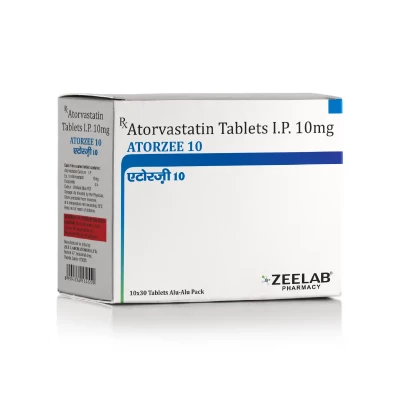
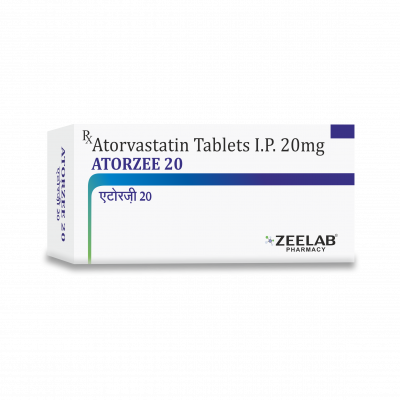
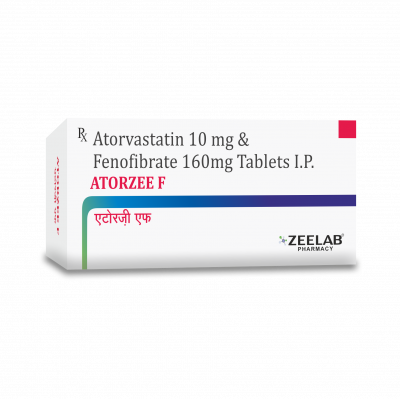
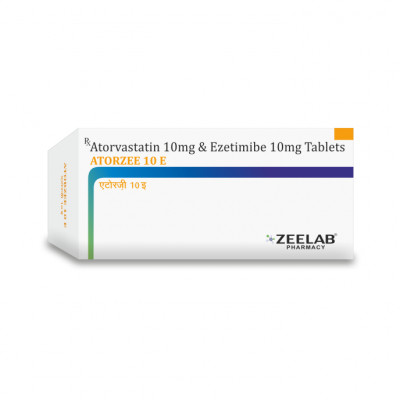
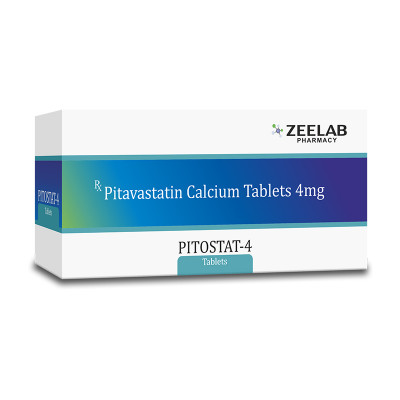
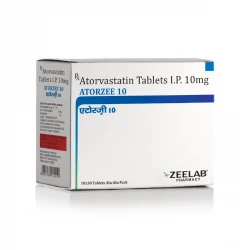
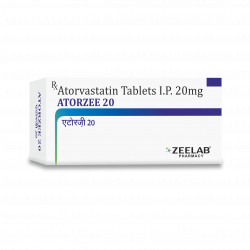
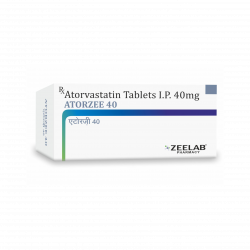
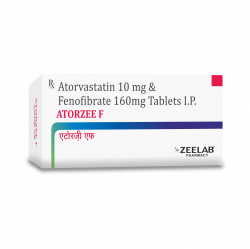
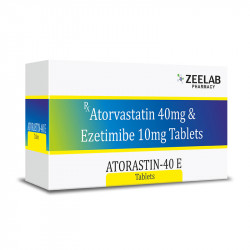
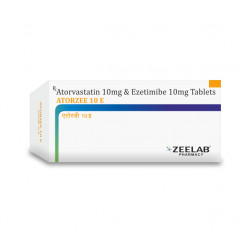

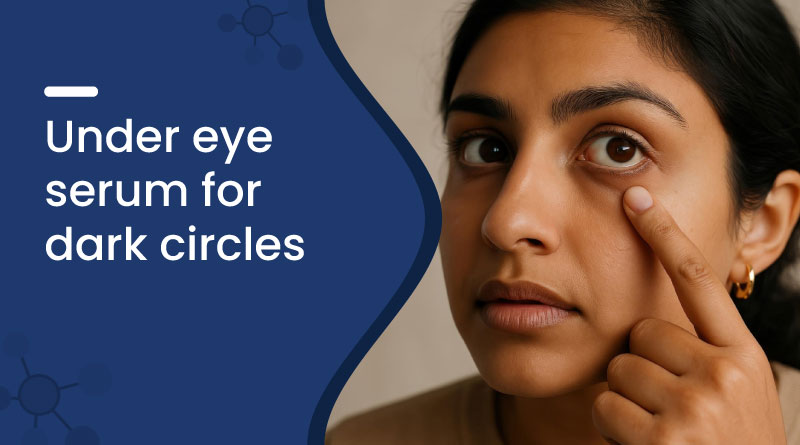
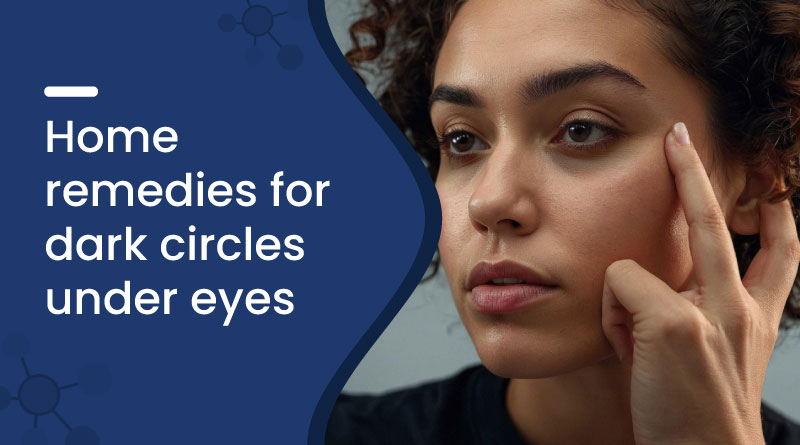
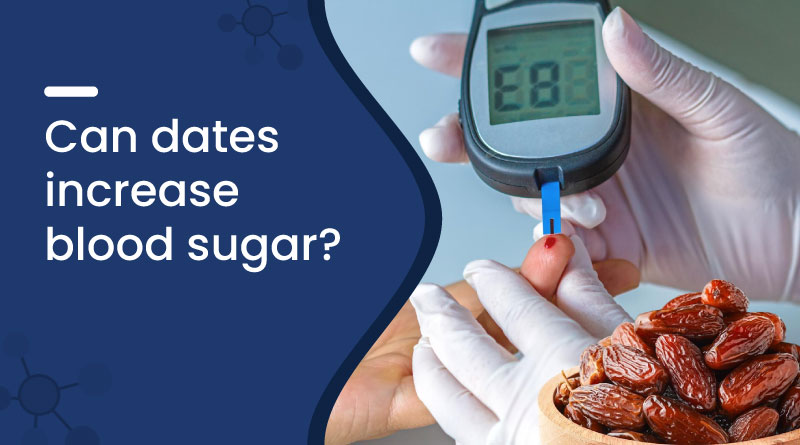

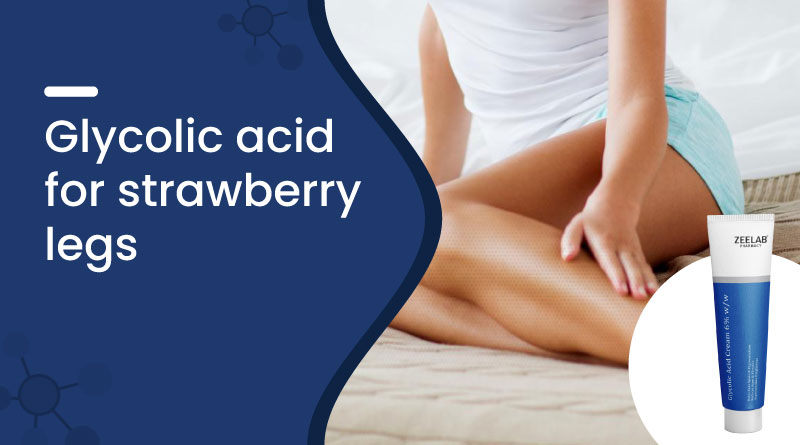


 Added!
Added!